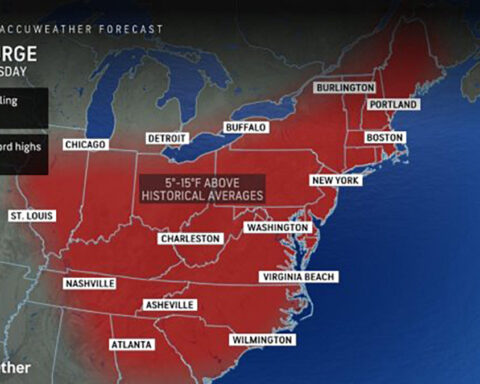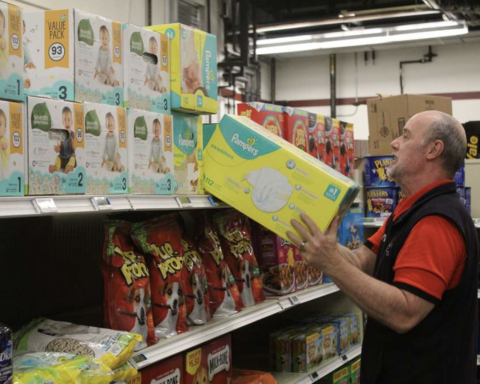Editor’s Note: The following article is derived from officially released information, published with few or no editorial changes. The Greylock Glass occasionally provides our readers with such content if the information is factual in nature, and requires little to no interpretation or analysis, often when original reportage would not provide additional relevant information.
BOSTON — The Massachusetts Department of Public Health (DPH) is alerting residents of a case of measles that was diagnosed in an international visitor who traveled through Boston to Amsterdam using public transportation on Saturday, June 22 while infectious. The traveler was present in public locations that could have resulted in exposure to other people.
Measles is more easily spread than almost any other disease. The virus that causes measles lives in the nose and throat and is sprayed into the air when an infected person sneezes, coughs or talks. It can stay in the air for up to two hours. Other people nearby can then inhale the virus.
“Measles is a highly contagious airborne disease that has seen an increase in cases and outbreaks worldwide,” said Public Health Commissioner Robbie Goldstein, MD, PhD. “People who are not vaccinated are at greater risk of infection. The best way for people to protect themselves from this disease is to make sure they are vaccinated.”
DPH urges all those who do not know their measles immunization status to get vaccinated with at least one dose of the Measles, Mumps, and Rubella (MMR) vaccine. Measles vaccine given within 72 hours of exposure may prevent measles disease, and vaccination beyond this window will provide protection from subsequent exposures. DPH, local health departments, and healthcare providers are working to contact individuals at high risk for exposure to this traveler. However, exposures on public transportation make identification of high-risk contacts challenging. Those exposed who do not have evidence of immunity to measles may be subject to quarantine for up to 21 days following the exposure.
Early symptoms of measles occur 10 days to two weeks after exposure and may resemble a cold (with fever, cough, runny nose, and red eyes) and a rash occurs on the skin two to four days after the initial symptoms develop. The rash usually appears first on the head and then moves downward. The rash typically lasts a few days and then disappears in the same order. People with measles may be contagious up to four days before the rash appears and for four days after the day the rash appears.
Measles is very contagious. People who are not immune and visited any of the locations on the specified dates and times below may be at risk for developing measles. Anyone who visited these locations on any of these dates during the times listed is advised to contact their health care provider to confirm their immunization status.
Exposures to this individual may have occurred at the following locations and times:
Saturday, June 22, 2024
11:40 a.m. Dartmouth Coach bus line departure from Hanover, NH
Dartmouth College to Boston, MA arriving at Logan Airport (Boston, MA) at approximately 2:40 p.m.
2:40 p.m. to 8:40 p.m. Terminal E at Logan Airport, Boston, MA
Flight KLM6016 from Boston to Amsterdam departing from Gate E5
Those who were exposed and begin to develop symptoms of measles should call their healthcare provider before visiting an office, clinic, or emergency department. Visiting a healthcare facility may put others at risk and should be avoided. If you do need to visit a health care facility, please make sure to wear a mask to reduce possible transmission.
People who have had measles, or who have been vaccinated against measles per US Centers for Disease Control and Prevention (CDC) recommendations are considered immune. The CDC recommendations are:
- Children. Children should receive their first dose of Measles-Mumps-Rubella (MMR) vaccine at 12-15 months. School-aged children need two doses of MMR vaccine.
- Adults. Adults should have at least one dose of MMR vaccine. Certain groups at high risk need two doses of MMR, such as international travelers, health care workers, and college students. Adults born in the US before 1957 are considered immune to measles from past exposures.
Anyone who has had measles in the past or has received two doses of the vaccine is unlikely to develop measles even if exposed.
For additional information, contact your local health department or DPH at 617-983-6800. To learn more about measles, visit DPH’s website.

















